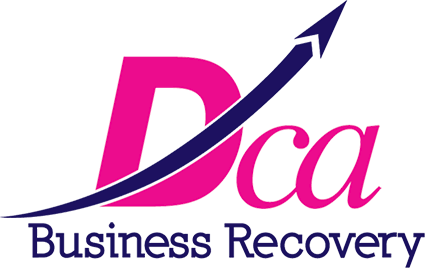The Balance Sheet Test
When a director is considering if their company is insolvent one of the tests of insolvency is the Balance Sheet Test. The balance sheet will usually be prepared up to the last day of a company’s financial year, providing an overview of what the company owns and how it has paid for it.
The balance sheet must always balance up and includes the company’s assets and liabilities.
An example balance sheet is shown below:
 What are the Assets?
What are the Assets?
These are the assets owned by the company including cash at bank, stocks, fixtures and fittings, equipment, debtors and goodwill.
These will be split between Current Assets (less than a year) and Non-current assets (longer term assets) which are explained below.
Current assets:
These are liquid assets such as cash at bank, stock and debtors which can easily be turned into funds.
Non-current assets:
This will usually be goodwill of a company, land and buildings or trademarks.
What are the Liabilities?
These will be split into current liabilities (short term) and non-current liabilities (long term) and are also explained below.
Current liabilities
These are short term liabilities such as trade creditors and short term loans.
Non-current liabilities
This will include loans and any liabilities that don’t need to be paid within the next 12 months.
By subtracting the liabilities from the assets this will give you the shareholders funds.
What are shareholders’ funds?
This is the sum left after all the liabilities have been deducted from the assets which are available to its shareholders. This will include accumulated profits over the years.
As mentioned at the beginning of this article the balance sheet is one of the tests of Insolvency and when considering whether or not the company is insolvent there will be other factors to take into consideration.
These include a cash flow test which will indicate if the company is able to pay their debts as they fall due and if in fact they may be cash flow insolvent.
At DCA we provide a free initial meeting, by zoom or face to face, to provide advice on the options available to a director. You can book a meeting by calling us on 01702 344558 or email to enquiries@dcabr.co.uk.
[/vc_column_text][/vc_column][/vc_row]
